The result sent shock waves through the financial markets as the pound tumbled and the stock market lost 8% in early morning trading.
House builders were among the hardest hit with 20% falls in some big names like Taylor Wimpey.
Leave won a shock victory with a 52% to 48% majority as more than 30 million people voted.
During the campaign stay campaigners warned that an exit vote would push up construction prices by 15% and lead to a drop in investment.
One contracting boss said: “The world has certainly changed this morning.
“The vote is a shock and markets are reeling but construction is a long term game and we’ll just have to see how this pans out.
“Some projects may get shelved in the short term but the facts remain that this country still needs more housing, infrastructure and commercial buildings and I just hope the Government keeps focused on that.”
CECA Head of External Affairs, Marie-Claude Hemming said: “The change in circumstance has unsettled the markets which, if unchecked, may discourage long term investment in UK infrastructure.
“The UK must act to secure its economy, but growth will only be delivered if supported by world-class infrastructure.
“CECA therefore calls on Ministers to now to first stabilise Government, then re-establish their commitment to the projects outlined in the National Infrastructure Plan, most notably HS2 and a third runway at Heathrow in order to maintain economic confidence following such a substantial change in the UK’s relationship with the European Union and the rest of the world.”
Mark Clancy-Jones of Knight Frank said: “The decision by UK voters to leave the European Union will cause volatility across all investment markets, and real estate will be no exception.
“Uncertainty over future economic conditions in the UK will cause some deals on hold to be shelved, andoccupiers will reconsider the amount of space they need outside of the single market.
“A fall in the value of sterling, combined with falling property values will be a buy sign for opportunistic overseas investors once the initial correction has occurred.
“This will cause a widening yield gap as real estate yields rise and bond rates fall from further Bank of England monetary loosening and will make property a favoured asset class in an unpopular investment destination.”
Alan Brookes, UK Chief Executive Officer of Arcadis, said: “Brexit is a game-changer. The challenge for the construction industry is not simply to respond to Brexit but, more importantly, respond to the opportunities that Brexit will bring.
“Construction markets are likely to become more volatile in the short term, and we need to consider a joined-up approach to sustaining the capacity and capability of the industry.
“Although demand is likely to fall in some sectors this could actually take some of the pressure off over-stretched markets. Ultimately the UK needs to keep building. Housing and infrastructure, for example, may now be able to secure capacity at a lower cost.
“One of the big questions we now face is: how can we ensure we have enough people with the right skills to build the houses, roads and rail lines of the future?
“In the future, European labour may no longer be the safety-valve it has been, so we must plan to use the workforce differently.
“Using more offsite components and investing in skills and the management of projects will now prove absolutely vital.”
Brian Berry, Chief Executive of the FMB, said: “The UK construction industry has been heavily reliant on migrant workers from Europe for decades now – at present, 12% of the British construction workers are of non-UK origin.
“The majority of these workers are from EU countries such as Poland, Romania and Lithuania and they have helped the construction industry bounce back from the economic downturn when 400,000 skilled workers left our industry, most of which did not return.
“It is now the Government’s responsibility to ensure that the free-flowing tap of migrant workers from Europe is not turned off.
“If Ministers want to meet their house building and infrastructure objectives, they have to ensure that the new system of immigration is responsive to the needs of industry.”











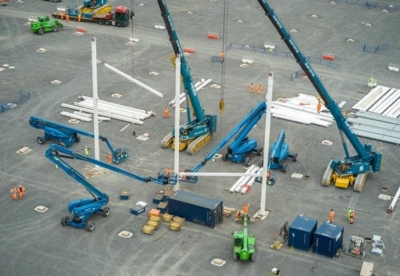


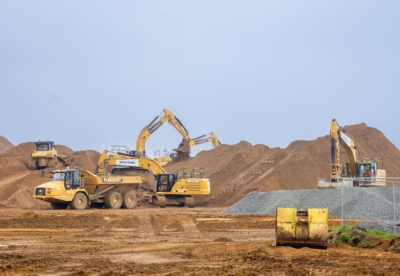
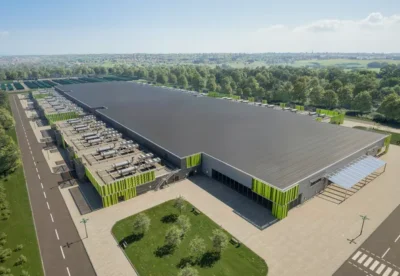





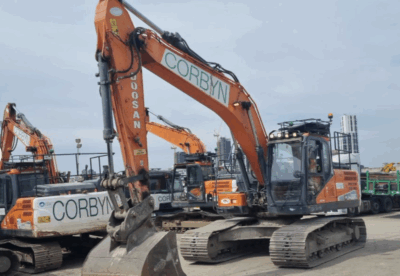




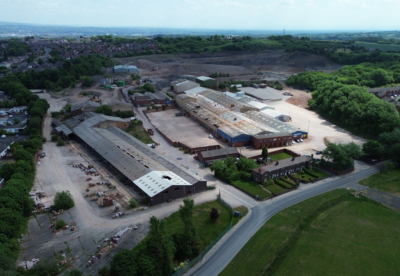












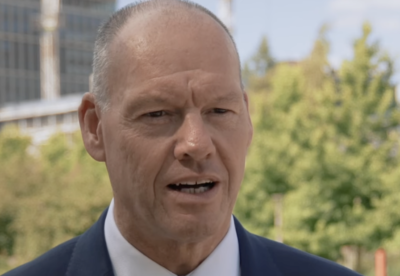



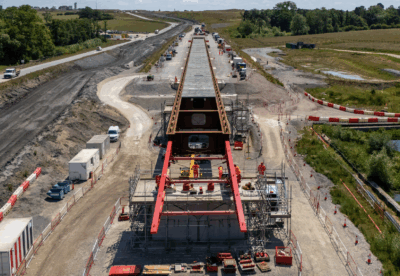









 (300 x 250 px) (2).png)



